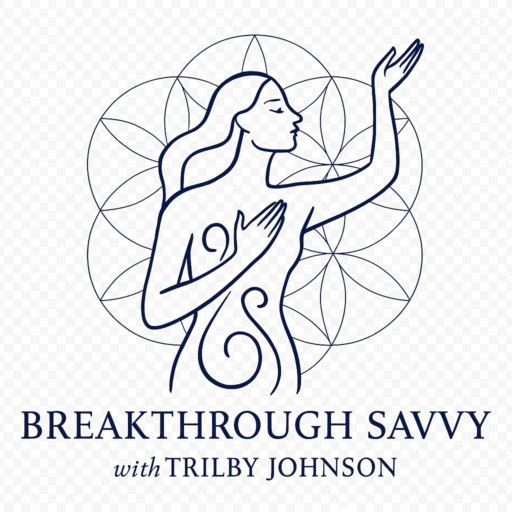
10 Ways to Enhance Well-Being With Mind-Body Awareness
 The concept of the mind-body connection suggests that our feelings, ideas, and beliefs have a significant impact on our physical health and wellbeing, so let’s look at 10 ways to enhance your well-being through mind-body awareness.
The concept of the mind-body connection suggests that our feelings, ideas, and beliefs have a significant impact on our physical health and wellbeing, so let’s look at 10 ways to enhance your well-being through mind-body awareness.
For instance, when we feel stressed or nervous, our body reacts by releasing hormones like cortisol and adrenaline, which can raise our blood pressure and heart rate. Chronic stress can have an adverse effect on our physical health over time, increasing the risk of diseases including high blood pressure, heart disease, and obesity.
Mind-body modalities like yoga, tai chi, massage and meditation are useful in stress management and relaxation. These techniques can assist in lowering the body’s stress response and fostering a sense of well-being by emphasising the breath and developing a calm and focused attitude.
Additionally, mind-body techniques can strengthen the immune system, reduce inflammation, and advance the body’s capacity for self-healing. Regularly engaging in mind-body techniques with more mindfulness can contribute to an enhanced sense of overall wellbeing and a variety of ways.
In my role as a metaphysical bodyworker and intuitive for over 25 years, I’ve been most struck by the lack of mind-body awareness of many. Once this link is set up and cultivated, healing and transformation takes off. So in my opinion, it’s vital to our physical, mental, emotional and spiritual well-being and sense of connection and self-care.
Here are 10 areas that you can begin to focus on and cultivate into your daily self-care programme and to strenghten your mind-body awareness.
- Better sleep can help lower stress levels and enhance sleep quality, which in turn improves general health and wellbeing.
- Increased physical activity or gentle movement, like yoga or tai chi or walking can be a good and enjoyable approach to up your physical movement levels and enhance your health in general.
- Better emotional awareness, can assist people in feeling comfortable in managing their emotions and handling difficult situations more skilfully and confidently, promoting emotional stability and resilience.
- More self-awareness, allows people to become more conscious of their thoughts, feelings, and actions, enabling them to change their life for the better and feel more empowered.
- Greater relaxation, like conscious breathing, massage or acupuncture can aid in promoting relaxation, easing tension in the muscles, and enhancing general health.
- More effective stress management and awareness around emotional triggers can assist people in identifying the physical and emotional symptoms of stress, enabling them to take appropriate action and reduce stress.
- Healthier posture can be achieved through awareness techniques like yoga or Pilates and bodywork like massage that help with posture, which can lessen pain and discomfort in the shoulders, neck, and back.
- Enhanced attention span and concentration, can raise focus and concentration and enhance a feeling of Presence, contributing to raised performance and productivity.
- A stronger immune system, can help lower inflammation and strengthen the body’s natural ability to heal, which can enhance general health and lower the risk of sickness.
- Richer relationships allow for people to become more introspective and empathic, which can improve communication and foster better connections with others.
Overall, integrating mind-body practises into daily life can significantly improve physical health, emotional stability, and overall quality of life. Increased mind-body awareness can help people become more resilient and improve their capacity to handle everyday challenges in holistic and empowering ways.
So which one are you going to attempt or focus on and do you have a favourite?
Let me know by commenting.
Take care of You!
Trilby x
_____________________________
Trilby Johnson is a Breakthrough Metaphysical Intuitive Mentor offering realistic, practical principles to assist highly-sensitive, intuitive and conscious individuals to heal, thrive and live their desired BIG lives.
Contact Trilby for a Breakthrough Assessment if you are ready for breakthrough beyond limitation into wisdom!
©Trilby Johnson. All Rights Reserved. Copyright Prohibited. Please share any part of this article with reference to this original blog.Disclaimer: Any information shared here is not a substitute or replacement of any medical, psychological, legal or financial advice.








